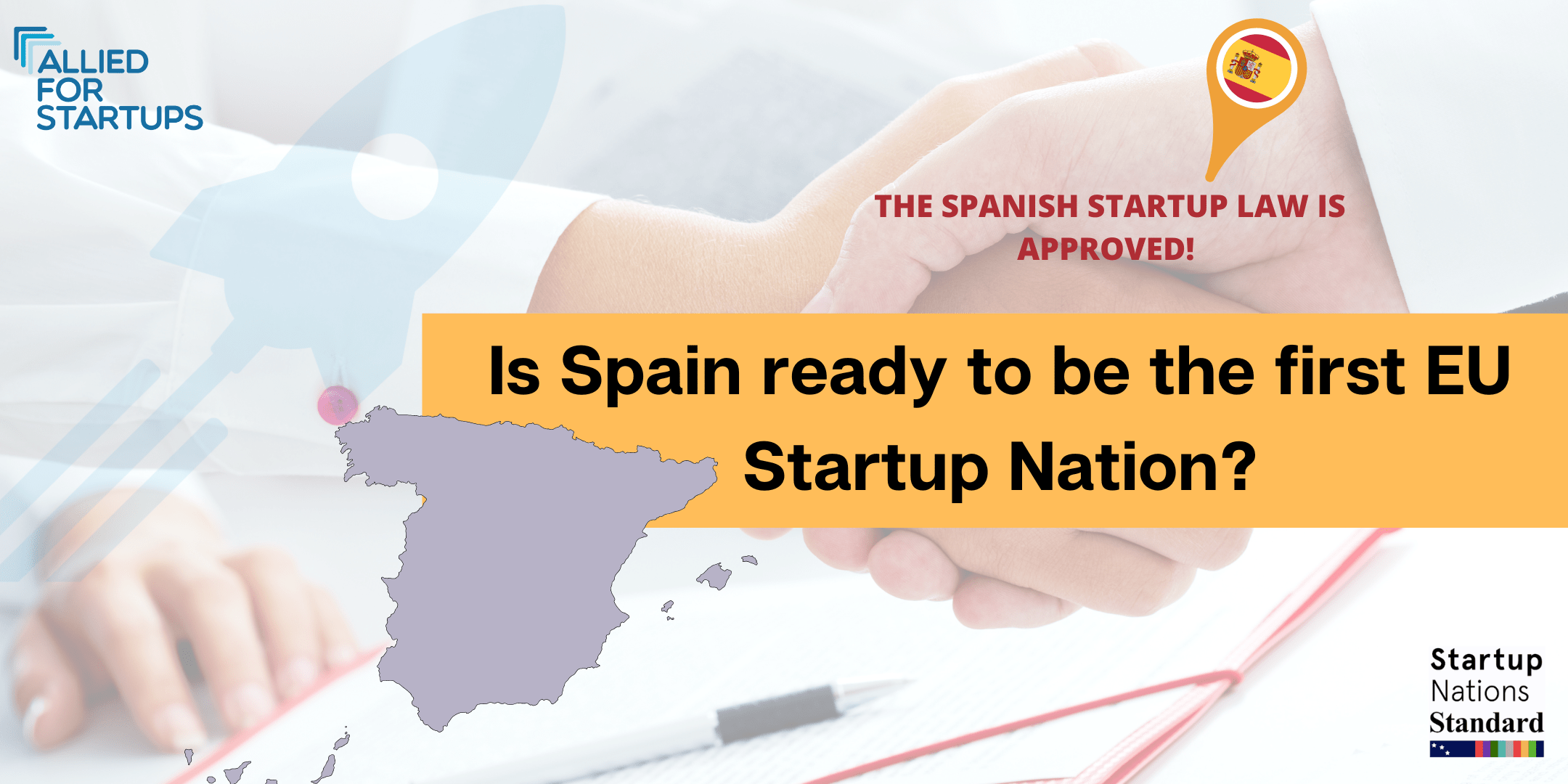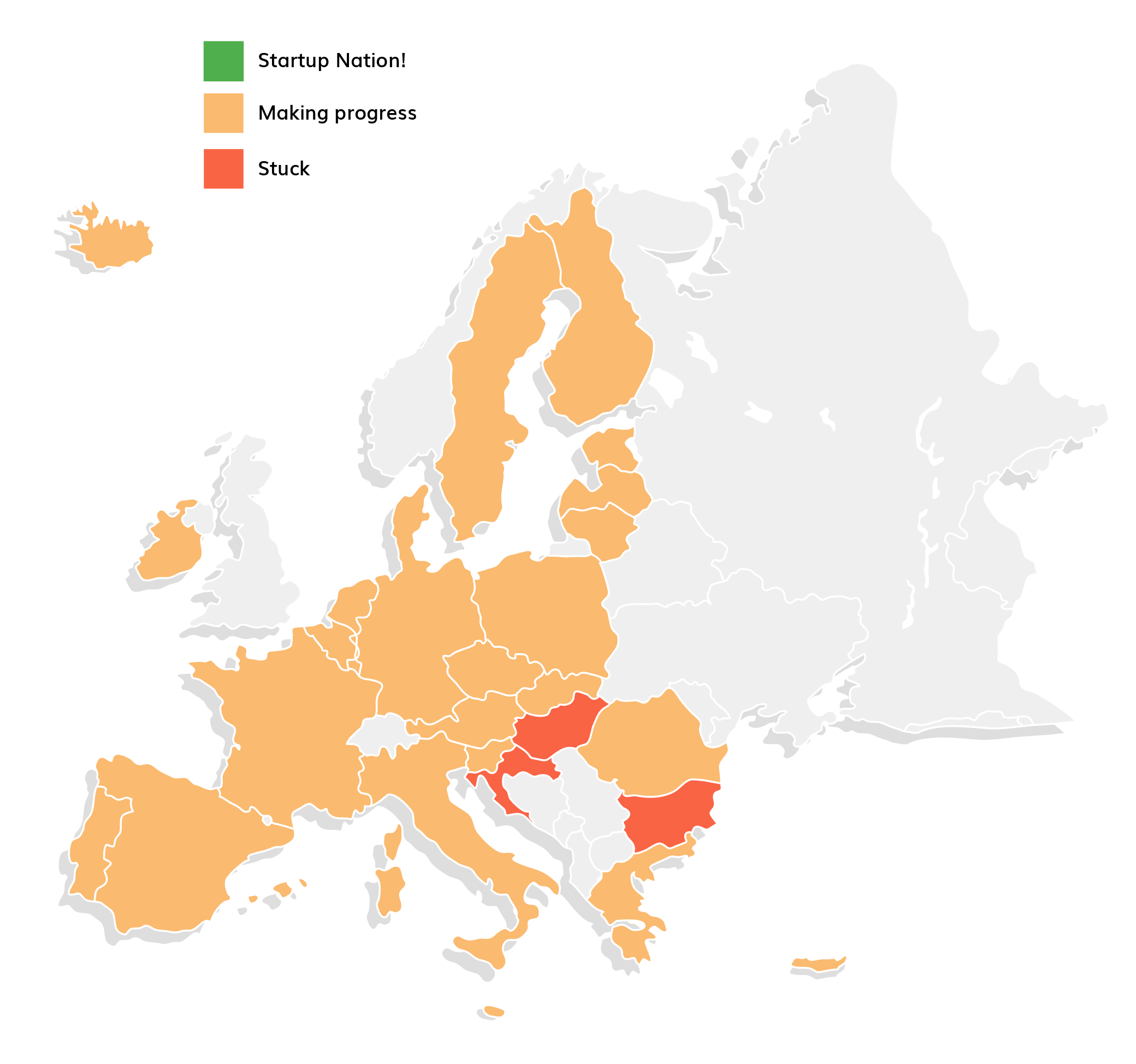
Latest News, Policy, Startup Nations StandardNovember 9, 2022

For over a year, we’ve shared input with the European Commission to build the Startup Nations Standard. On the 19th of March of 2021, the European Commission launched the Startup Nations Standard of Excellence! The objective: Make the European Union the most attractive Start-up and Scale-up continent.




Austria, Belgium, Croatia, Cyprus, Czech Republic, Denmark, Estonia, Finland, France, Germany, Greece, Ireland, Italy, Latvia, Lithuania, Luxembourg, Malta, Netherlands, Poland, Portugal, Romania, Slovakia, Slovenia, Spain, Sweden
Bulgaria, Hungary







